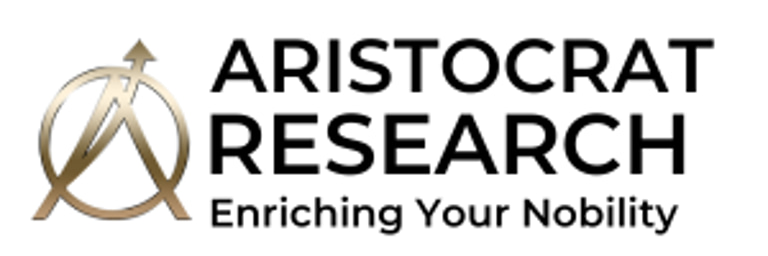Understanding Plagiarism in Academic Writing: Best Practices for Authors
Plagiarism is a serious concern in academic writing, as it undermines the integrity of research and can have severe consequences for authors. This guide aims to provide a comprehensive understanding of plagiarism and best practices to avoid it.
What is Plagiarism?


Definition of Plagiarism
Unattributed Use of Someone Else’s Work: Incorrect citations can lead to accusations of plagiarism.
Credibility: Poor referencing undermines the credibility of your research.
Consequences of Plagiarism
Academic Consequences: Plagiarism can lead to paper retractions, loss of credibility, and academic penalties.
Legal Repercussions: In some cases, plagiarism can result in legal action.
Professional Impact: It can damage an author’s reputation and career prospects. To know more...
Best Practices to Avoid Plagiarism


Proper Citation and Referencing
Use Correct Citation Styles: Follow the required citation style (APA, MLA, Chicago, etc.) for your field.
Cite All Sources: Attribute all ideas, quotes, and data to their original sources.
Reference Management Tools: Utilize tools like EndNote, Zotero, or Mendeley to organize and format your references accurately.
Paraphrasing and Quoting
Effective Paraphrasing: Rewrite the original text in your own words while retaining the original meaning, and cite the source.
Use Quotations: When directly quoting a source, use quotation marks and provide a citation.
Avoid Over-Quoting: Use direct quotes sparingly and only when the original wording is essential.
Maintaining Originality
Develop Your Own Ideas: Focus on presenting your own analysis, insights, and conclusions.
Conduct Thorough Research: Gather information from multiple sources to develop a comprehensive understanding of the topic.
Synthesize Information: Integrate findings from various sources to create a unique perspective.


Tools and Techniques for Plagiarism Detection
Plagiarism Detection Software
Turnitin: Widely used in academia for detecting similarities between submitted papers and existing literature.
Grammarly: Includes a plagiarism checker that scans for potential plagiarism and provides suggestions for improvement.
Copyscape: Useful for checking the originality of online content and academic papers.


Manual Techniques
Cross-Checking Sources: Manually verify that all sources are accurately cited and referenced.
Peer Review: Have colleagues review your work to identify any overlooked instances of plagiarism. To know more...
Ethical Writing Practices
Acknowledge Collaborative Work
Co-Authorship: Give credit to all contributors who played a significant role in the research and writing process.
Acknowledgments: Acknowledge individuals or organizations that provided support or resources.
Transparent Reporting
Data and Methodology: Clearly describe your research methods and data sources to ensure transparency.
Conflict of Interest: Disclose any potential conflicts of interest that may influence your research.
Educating Yourself About Plagiarism
Academic Integrity Policies
University Guidelines: Familiarize yourself with your institution’s policies on academic integrity and plagiarism.
Journal Standards: Understand the plagiarism policies of the journals you aim to publish in.
Continuous Learning
Workshops and Seminars: Attend workshops and seminars on academic writing and ethics.
Online Courses: Enroll in online courses that focus on research ethics and plagiarism prevention. To know more...
Final Thoughts
Understanding and avoiding plagiarism is essential for maintaining the integrity of academic writing. By following these best practices, authors can ensure their work is original, ethical, and credible.
Call to Action
Are you looking for expert guidance on avoiding plagiarism and enhancing the integrity of your academic writing? Our professional services can help you maintain high ethical standards and produce original research.
Enquire now at [wa.me/+919894595035?text=authorspark](https://wa.me/+919894595035?text=authorspark) to get professional support and ensure your work meets the highest standards of academic integrity.
By understanding what constitutes plagiarism and implementing these best practices, you can safeguard your research from ethical breaches and uphold the integrity of your academic contributions.
Visit : www.aristocratresearch.com
